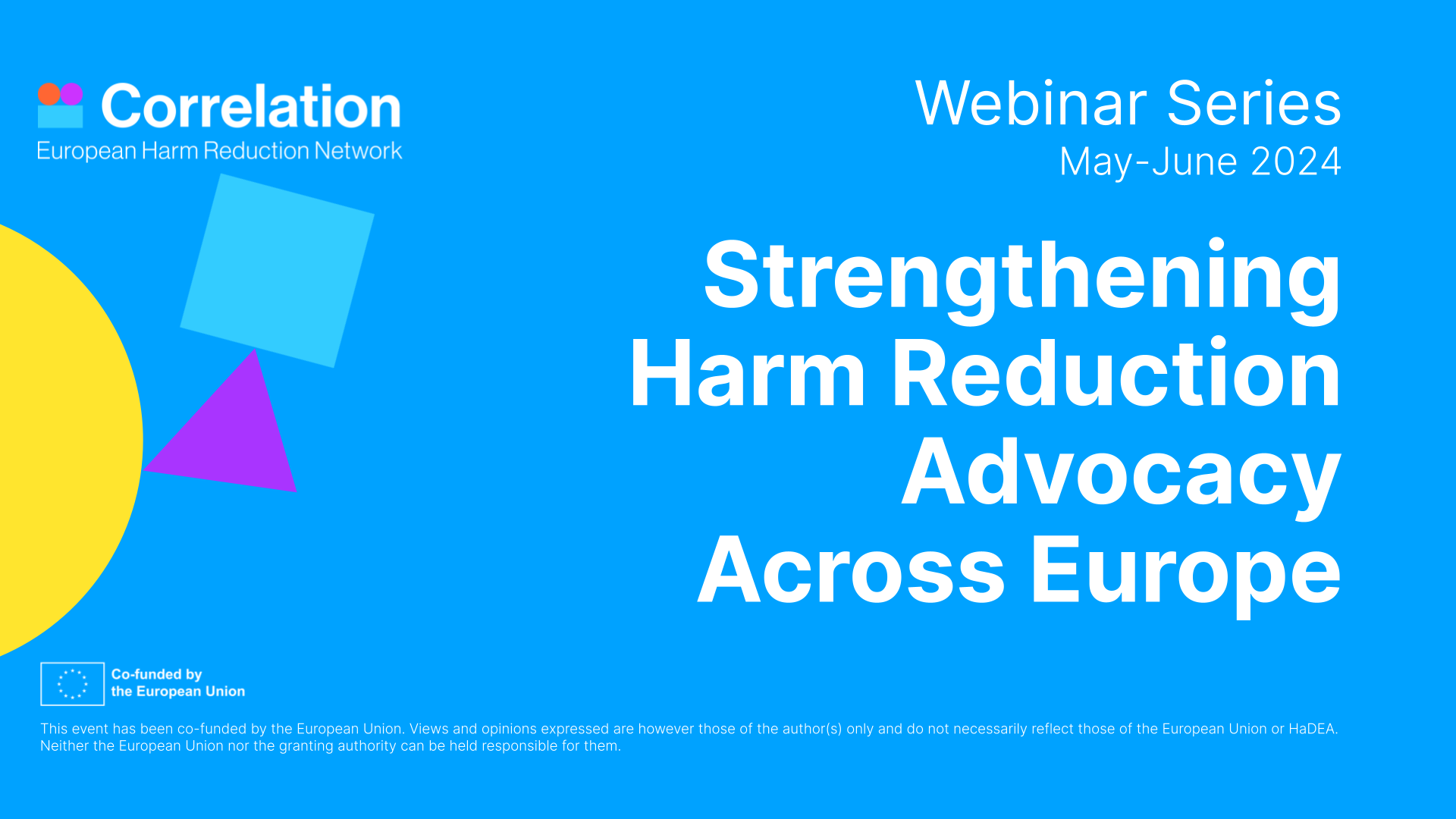
It is very well-known that there are ways to prevent HIV/HCV transmission in people who inject drugs (PWID). Access to needle syringe programs (NSP) and opioid substitution treatment (OST) are two of those; we could start naming.
Then, why are these interventions not universal enough? How can harm reduction organisations prove these practices’ undeniable impact? What can be done to reduce the risk of HIV-HCV transmission in different political contexts?
EUROSIDER, developed by the French Research Institute INSERM, is one of the European projects we are partnering in, alongside Aides. The project is individually-tailored face-to-face support and education for safer injection (ITSESI) for people who inject drugs.
A two-year-long transferability study that was currently implemented and tested on-field by four European harm reduction organisations in their respective countries as Praksis (Greece), ARAS (Romania), IHF (Bulgaria) and GAT (Portugal).
After its evaluation phase, the training will be modified with outcomes, and the project will produce several tools and publications to disseminate, promote, and support the implementation of the method.
We will also be presenting it at both Lisbon Addictions’ Conference and the 3rd HEP C Community Summit to further advocate the intervention.
Are you joining us at one of the conferences, if not both?